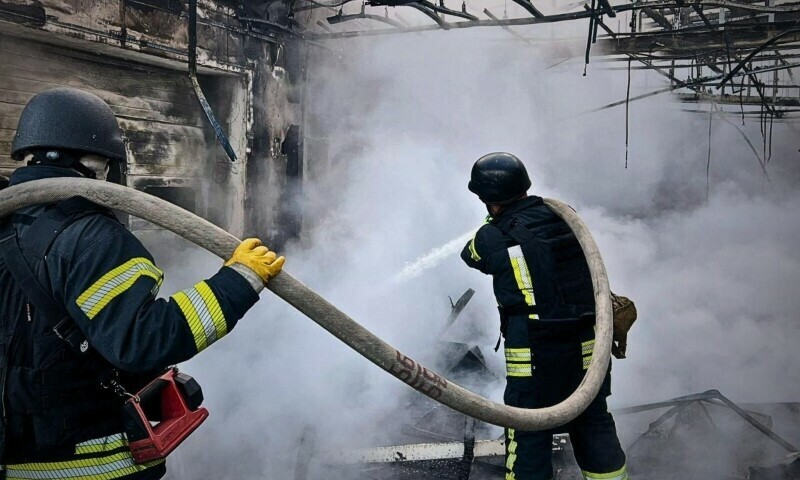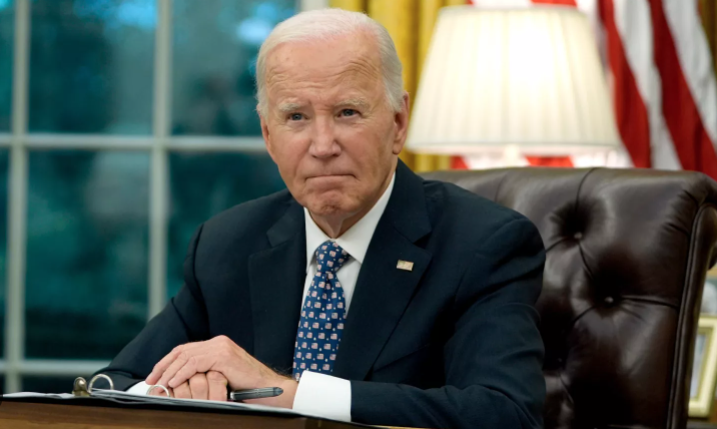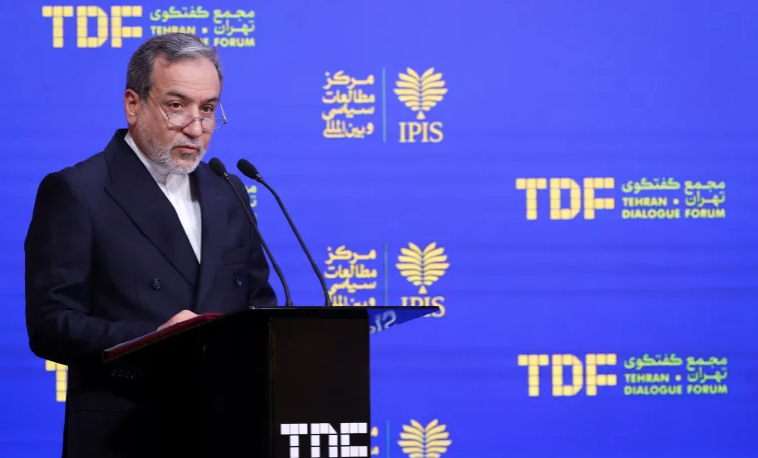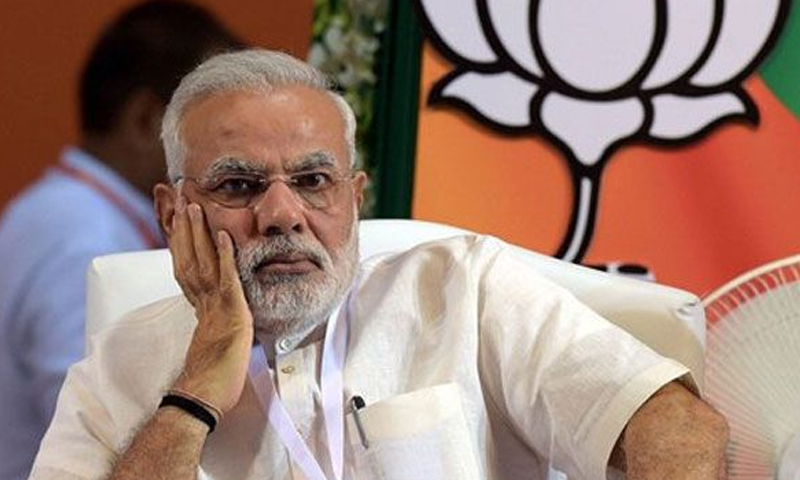WORLD NEWS

South African President Cyril Ramaphosa will begin a high-stakes state visit to the United States on Monday, May 19, in what his government calls a “reset” of bilateral ties. The visit marks the first time President Donald Trump will host an African leader at the White House since taking office.
The meeting, scheduled for Wednesday, May 21, comes against a backdrop of deteriorating relations between the two nations. Issues ranging from controversial land reforms in South Africa to the country’s genocide case against Israel at the International Court of Justice have triggered criticism from Trump’s administration, leading to severe aid cuts and punitive tariffs.
Key Points on the Agenda
Ramaphosa’s office has stated the talks will focus on “bilateral and global issues of interest,” though it did not provide a detailed agenda. However, sources suggest discussions will likely cover:
- Allegations of discrimination against South Africa’s white minority
- Land expropriation policies
- Trump’s foreign aid suspensions and tariff hikes
- South Africa’s genocide case against Israel
- The ongoing wars in Ukraine and Gaza
Tensions rose recently when the US granted asylum to 59 white South Africans who claim to be victims of racial persecution, a move welcomed by Trump and criticized by Pretoria. Ramaphosa’s administration rejects the notion of a “white genocide,” asserting instead that land reforms and crime affect citizens of all races.
Land Reform and Musk’s Criticism
Much of the diplomatic strain stems from the controversial Expropriation Bill signed into law by Ramaphosa earlier this year. The bill allows land to be taken without compensation for redistribution to marginalized groups, such as women and people with disabilities. Afrikaner groups fear the law targets them unfairly.
Elon Musk, a South African-born tech billionaire, echoed these concerns. He alleged that Starlink was blocked from launching in South Africa due to Black empowerment laws. Government officials deny Musk’s claims, arguing that equity-based laws aim to address apartheid-era injustices.
Economic Blowback: Aid Cuts and Tariffs
South Africa has been hit by a “triple blow” from Trump’s administration:
- A freeze and reduction in HIV/AIDS aid — the US previously contributed $462 million annually to South Africa's HIV programs.
- Targeted financial aid cuts in response to alleged racial discrimination and South Africa’s ICJ case against Israel.
- Harsh tariffs — a 30% tariff on all goods and an additional 25% on vehicles exported to the US.
Ramaphosa has criticized these measures as “punitive” and detrimental to trade, urging for their permanent removal. The US is South Africa’s second-largest trading partner, and the uncertainty around the renewal of the Africa Growth Opportunity Act (AGOA) adds further tension.
Gaza, Ukraine, and Global Diplomacy
Another flashpoint is South Africa’s legal case against Israel at the ICJ, accusing it of genocide in Gaza. The ICJ has since issued an emergency order calling on Israel to allow aid into Gaza and halt operations in Rafah. Trump denounced South Africa’s stance as “aggressive,” accusing Pretoria of collaborating with Iran.
Despite mounting pressure, South Africa insists it will not withdraw the case. “Standing by our principles sometimes has consequences,” Foreign Minister Ronald Lamola said.
On Ukraine, South Africa has chosen neutrality, refusing to condemn Russia while maintaining diplomatic relations with Ukraine. Pretoria hosted President Volodymyr Zelenskyy in April, a visit aimed at encouraging peace dialogue and trade cooperation.
Outlook
Ramaphosa’s US visit is expected to be a pivotal moment in diplomatic relations. With Trump’s administration pushing hard on economic and political fronts, and South Africa standing firm on its domestic and international policies, Wednesday’s meeting could either mark a thaw—or deepen the chill—in US–South Africa relations.




